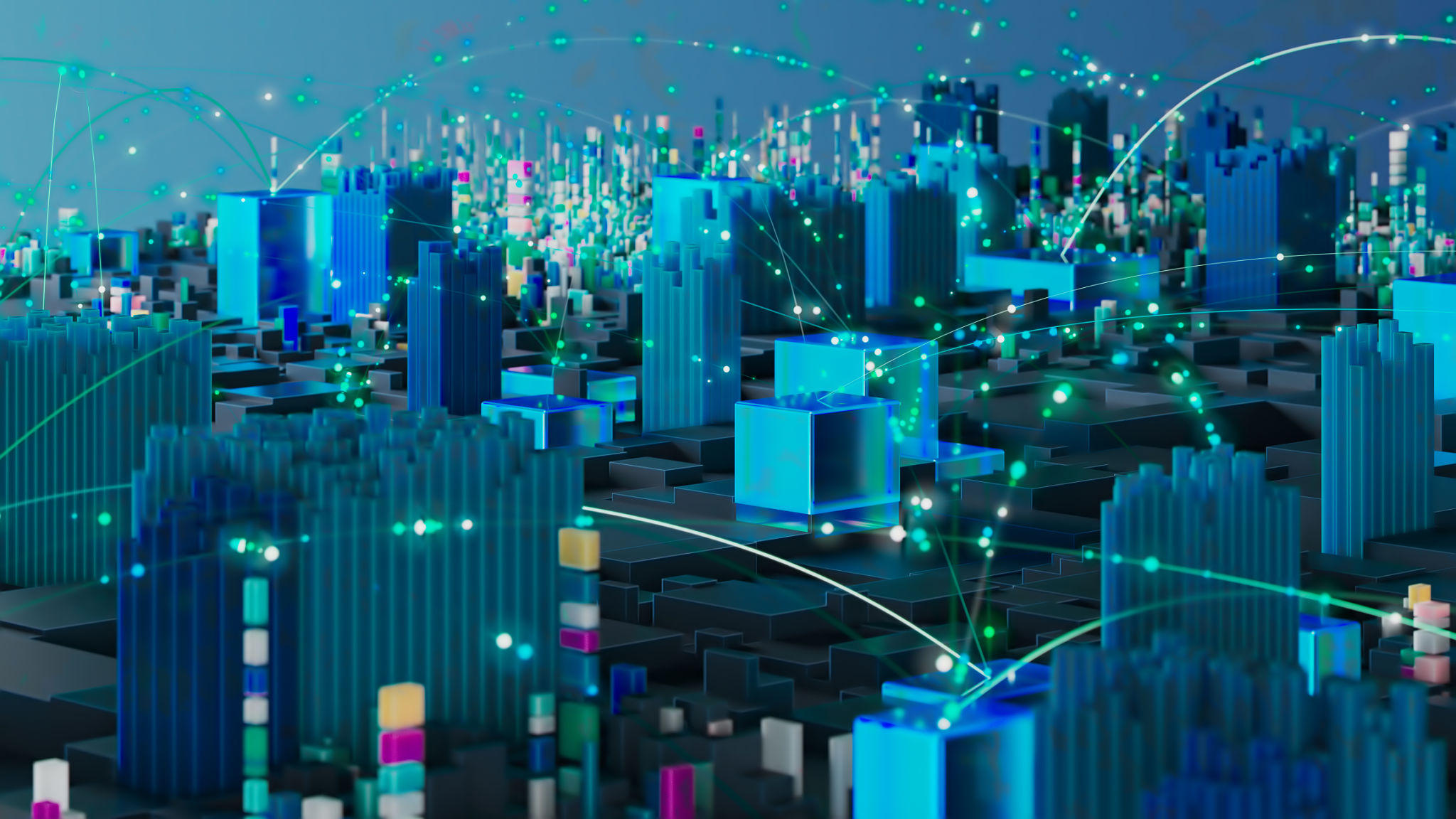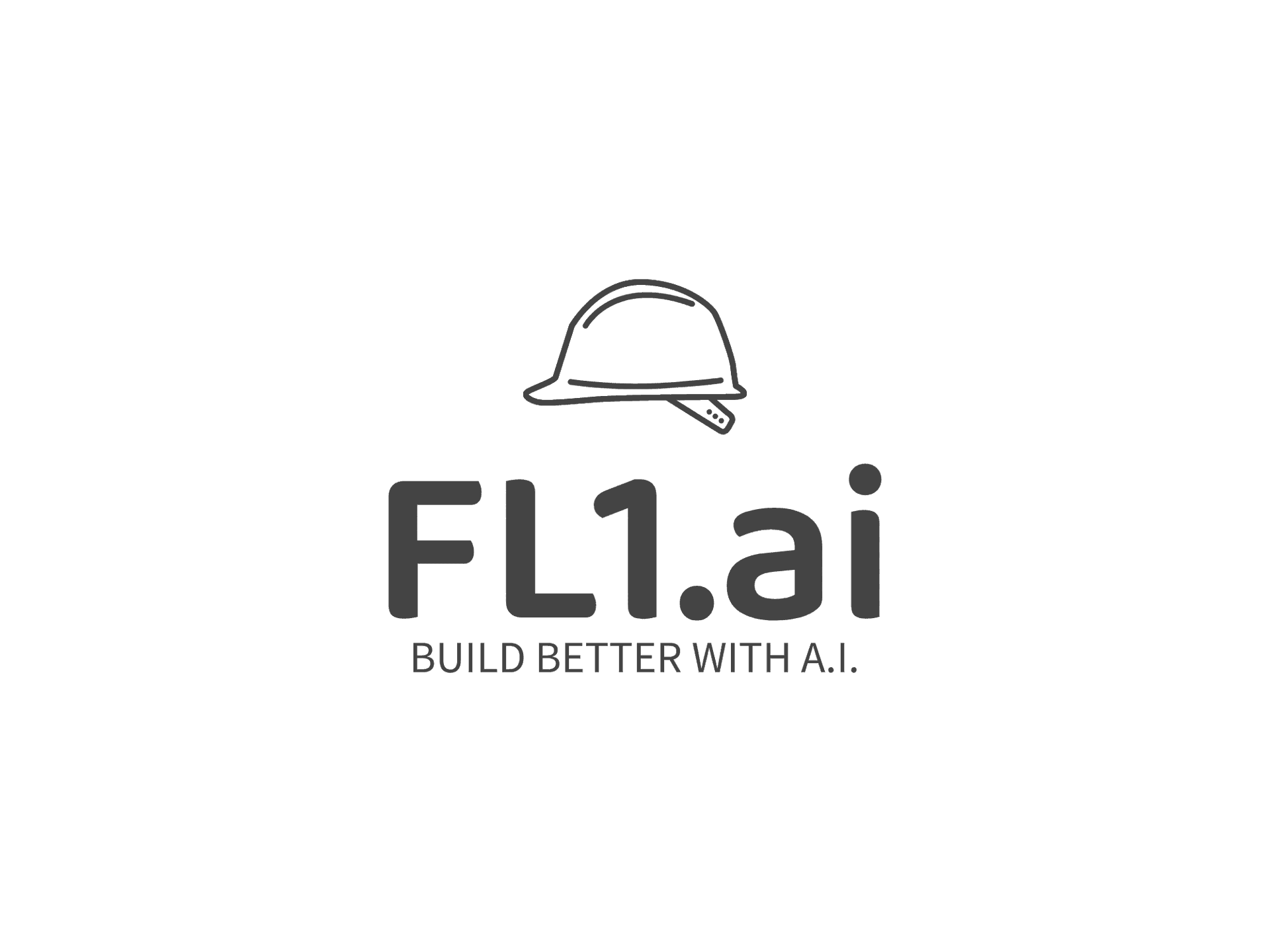Preparing for the Future: AI in Infrastructure Development
Understanding AI's Role in Infrastructure Development
The integration of Artificial Intelligence (AI) into infrastructure development marks a revolutionary change in how projects are conceived, executed, and maintained. As the demand for smarter, more efficient infrastructure grows, AI emerges as a critical tool to meet these challenges head-on. From planning to construction, AI's capabilities offer unprecedented advantages in efficiency and precision.
AI technologies, such as machine learning and data analytics, empower engineers and developers to optimize resources, reduce costs, and enhance safety measures. By analyzing vast amounts of data, AI can predict future trends, foresee potential issues, and provide solutions that were previously unimaginable. This capability is not only transforming how projects are managed today but also setting new standards for future developments.

AI in Project Planning and Design
One of the most significant impacts of AI is seen in the planning and design phase of infrastructure projects. AI-driven software can generate multiple design scenarios quickly, allowing engineers to explore various options before committing to a plan. This process significantly reduces the time required for planning and enhances the accuracy of the designs by incorporating real-time data and predictive analytics.
Moreover, AI tools can simulate environmental impacts and optimize designs to minimize negative effects on the surroundings. This capability ensures that new developments are not only functional but also sustainable, aligning with global goals for eco-friendly construction practices.

Enhancing Construction Processes
During the construction phase, AI applications continue to play a pivotal role. Robotics and automation, powered by AI, are revolutionizing how construction tasks are executed. These technologies improve precision in construction activities, reduce human error, and enhance safety by taking over dangerous tasks that pose risks to workers.
Furthermore, AI-driven project management tools facilitate better coordination among teams by providing real-time updates and insights into project progress. This transparency enables swift decision-making and efficient allocation of resources, leading to smoother project execution.

Maintenance and Future-Proofing
AI's contribution doesn't stop once a project is completed. In maintenance, AI systems can monitor infrastructure conditions continuously, predict when maintenance is needed, and even automate certain upkeep tasks. This proactive approach prevents costly repairs and extends the life span of infrastructure assets.
By embracing AI technologies today, developers are not only addressing current challenges but also future-proofing their projects. As infrastructure needs evolve with technological advancements, AI will continue to offer innovative solutions that keep pace with these changes.
The Road Ahead: Challenges and Opportunities
While the benefits of AI in infrastructure development are clear, there are challenges that need addressing. Ensuring data security and privacy is paramount as AI systems rely heavily on data. Additionally, there is a need for skilled professionals who can harness these technologies effectively.
However, these challenges present opportunities for growth and innovation. As more educational programs focus on AI skills and data management, a new generation of professionals will emerge, ready to drive the industry forward. Collaborative efforts between technology companies, governments, and educational institutions will be essential in overcoming these hurdles.

In conclusion, the future of infrastructure development is intrinsically linked with the advancement of AI technologies. As we prepare for an increasingly interconnected world, leveraging AI will be key to building resilient, efficient, and sustainable infrastructure that meets the needs of future generations.
